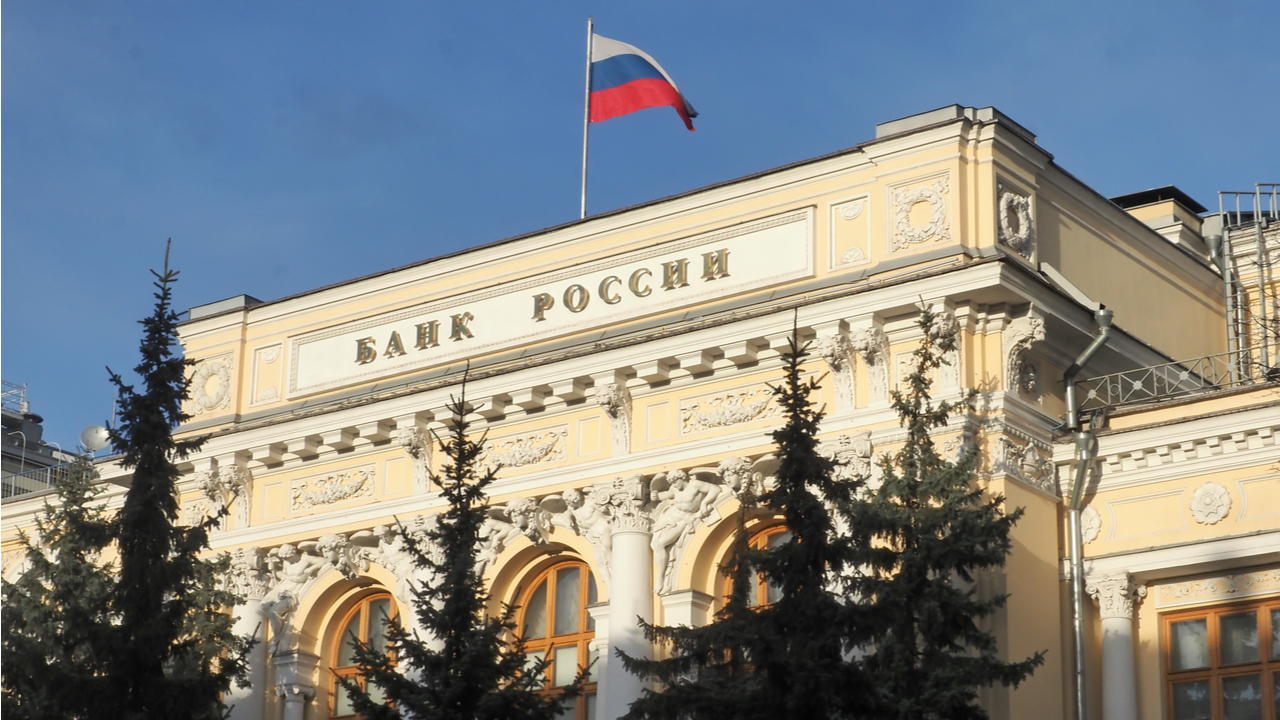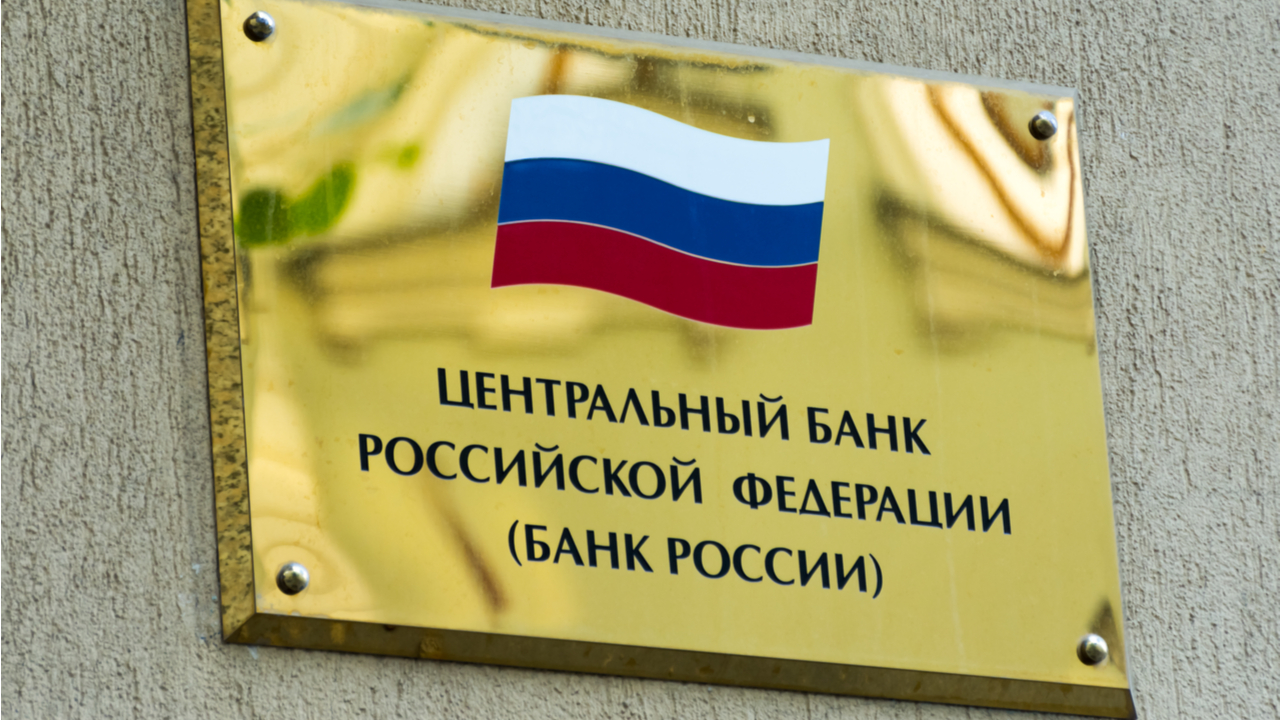
The monetary authority in Moscow, the Bank of Russia, wants those who use cryptocurrencies against the law to be held accountable. The financial regulator has proposed the introduction of legal liability for some operations with digital assets which it considers illegal.
Central Bank of Russia Aims to Prevent Circulation of Decentralized Currencies
Cryptocurrencies in the Russian Federation, as well as related activities, remain only partially regulated, mainly through the law “On Digital Financial Assets,” which went into force at the beginning of this year. One of the aspects that is still unclear is whether digital coins can be used to pay for goods and services.
The Central Bank of Russia (CBR) has remained consistently opposed to allowing payments with bitcoin and the like. The authority claims these are all “money surrogates” that are banned under current Russian legislation which recognizes the ruble as the only legal tender in the country that spans 11 time zones.

The CBR now wants to introduce legal liability for what it views as “illegal circulation of digital financial assets.” Remarkably, the push is part of its plans for the “creation of an enabling environment for the introduction of new technologies and support for innovation in the financial market” – two of the bank’s key “strategic directions” under the banner of “promoting digitalization.”
The proposal has found its place in the Bank of Russia’s program document titled “Main Directions for Financial Market Development of the Russian Federation” for the period until 2024. The project has been recently approved by its Board of Directors for submission with the State Duma, the lower house of the Federal Assembly.
In order to develop innovative financial instruments, the CBR says, a number of federal laws aimed at comprehensive legal regulation for digital financial assets and utilitarian digital rights must be adopted. Another aspect that needs to be addressed, according to the central bank, is the taxation of transactions involving these rights and assets, a procedure for which should be established.
Bank of Russia further notes that efforts to launch a digital version of the national currency are ongoing. The introduction of the ruble’s third form, after cash and bank money, requires a string of legislative changes, the monetary authority points out. Earlier in November, the head of the parliamentary Financial Market Committee, Anatoly Aksakov, indicated that deputies at the Duma prepare to amend 13 Russian laws and codes to accommodate the CBDC.
Meanwhile, members of the house have voiced concerns that the digital ruble may pose risks to the banking sector and information security. At the same time, Bank of Russia’s Chair Elvira Nabiullina has recently stated that the new currency is what the Russians need as it will provide them with an alternative to cryptocurrencies and stablecoins while enabling cheap and reliable payments.
The CBR started contemplating a CBDC in 2018 and decided to explore the possibility of issuing one last year. A consultation paper was published in October 2020 and in April 2021, the authority released a digital ruble concept. In June, this year, the authority formed a pilot group with over a dozen banks. It plans to complete the platform’s prototype in December and begin trials in January 2022.
Do you think the Bank of Russia will convince lawmakers to introduce legal liability for the illegal use of cryptocurrencies? Let us know in the comments section below.
Comments
Post a Comment